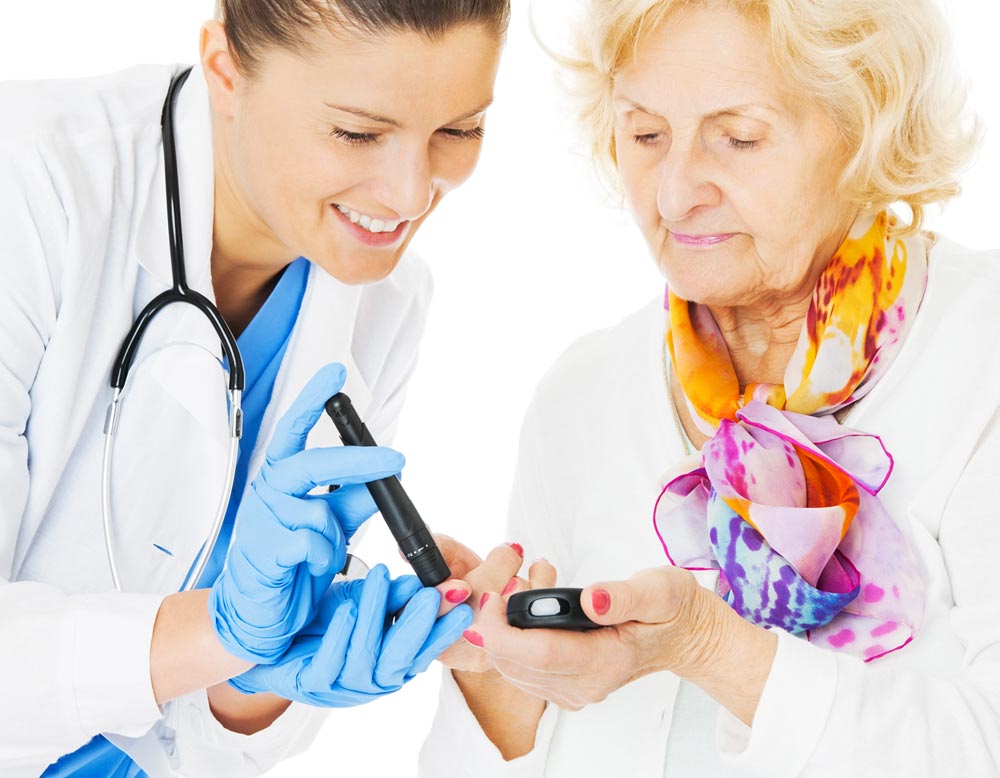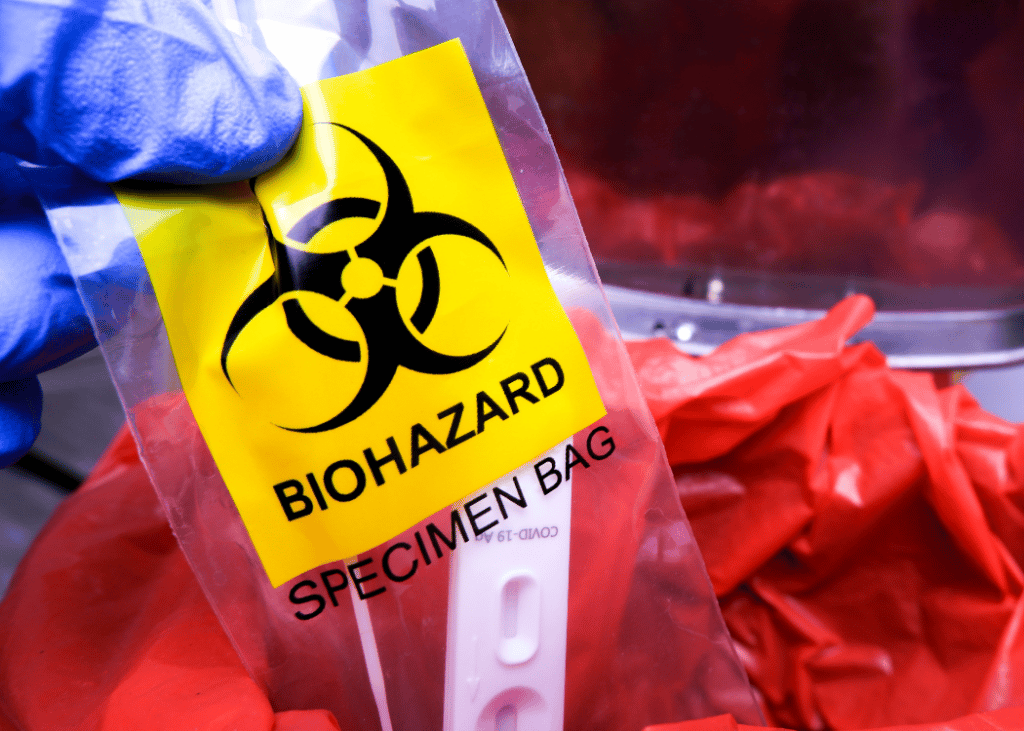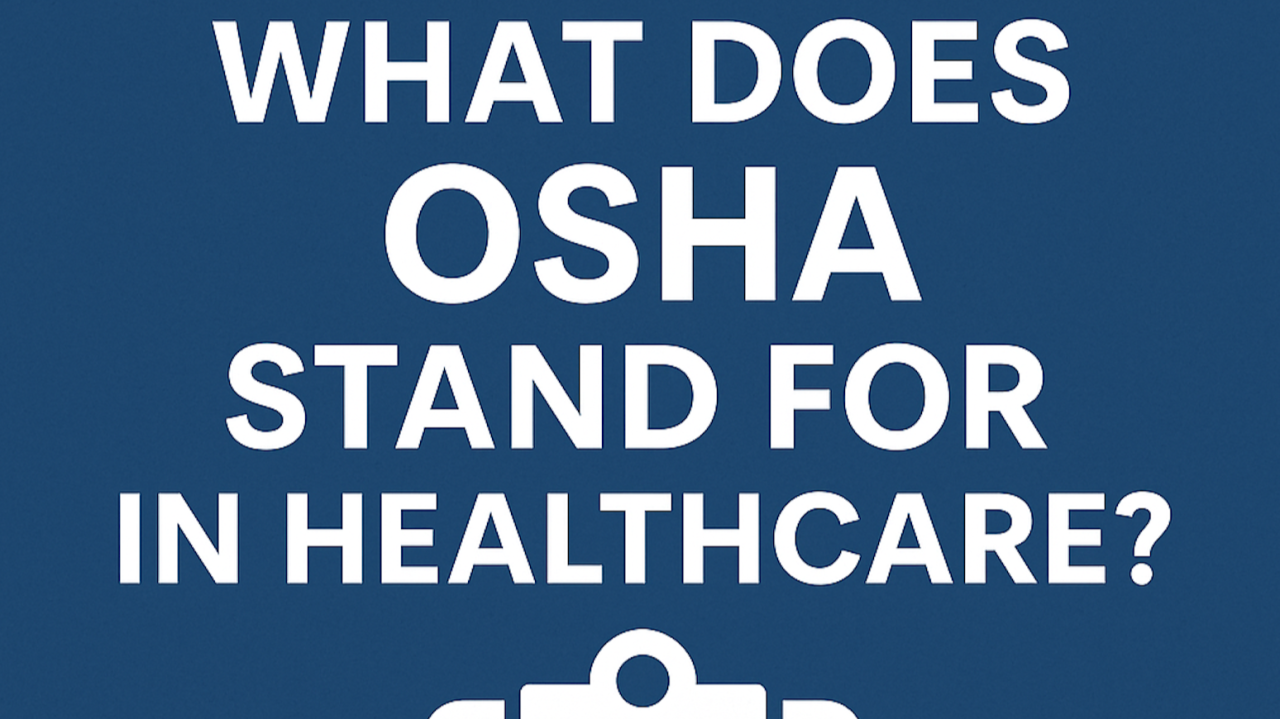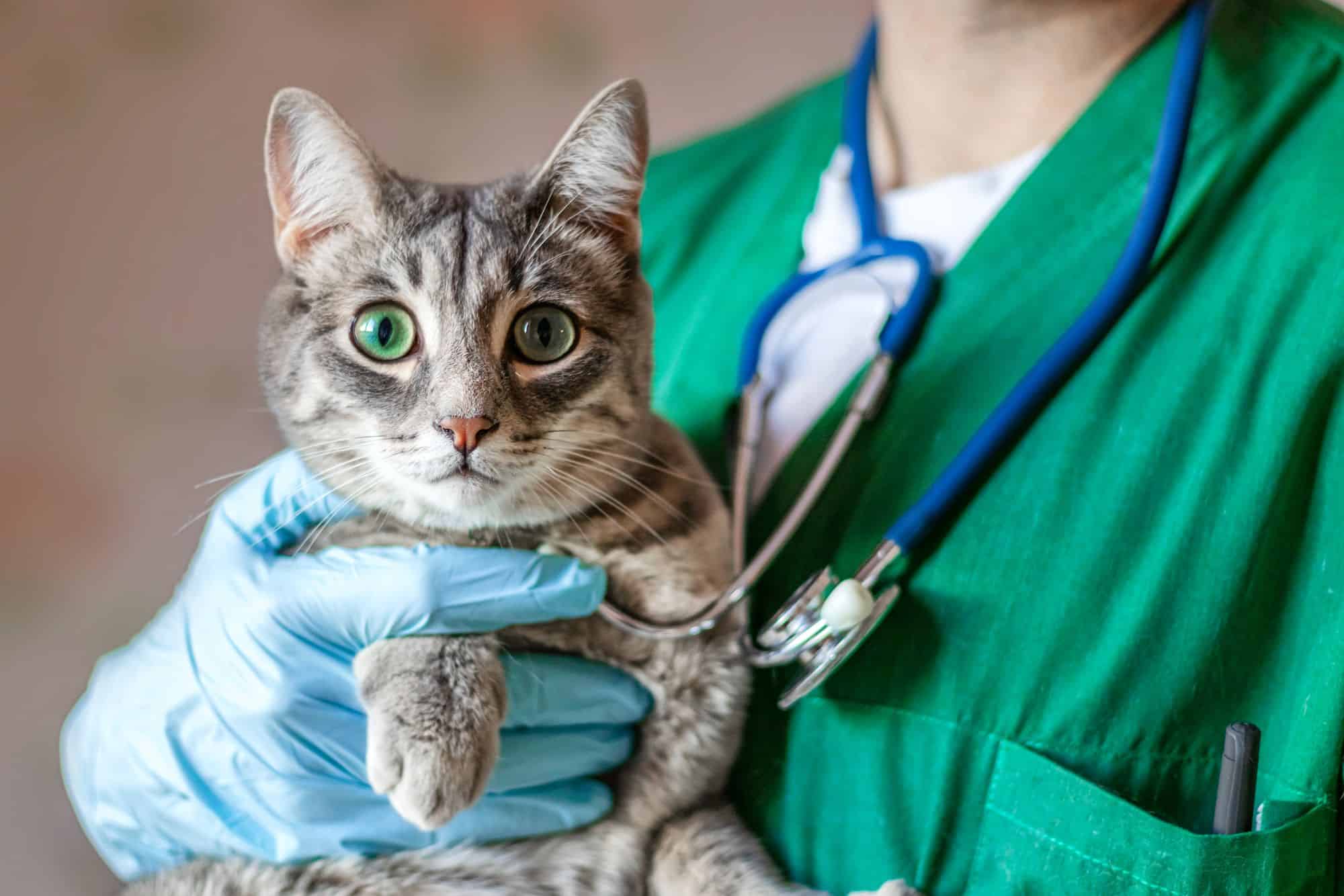Home Healthcare Medical Waste Disposal And Sharps Management. Step-by-Step Guide From Secure Waste
Home healthcare is experiencing remarkable growth in Maryland, Virginia, and Washington, D.C., addressing the pressing needs of families caring for their loved ones.
At Secure Waste, we understand the unique challenges in home healthcare, particularly regarding the safe and responsible disposal of medical waste. Our services extend beyond just assisting local homecare companies; I have personal, firsthand experience with these challenges.
As someone who has been caring for my 88-year-old mother at home, I know the dedication and effort that goes into ensuring our elderly parents receive the best care possible.
The process involves collaboration with home health care nurses, coordinating various supplies, and dedicating countless hours to meet their needs. Additionally, the care provided often generates significant medical waste, including sharps, lancets, needles, expired medications, and other materials that must be handled with care.
If you need assistance, don’t hesitate to contact Secure Waste Solutions Medical Waste Management. We are here to help you navigate these challenges. For more information, be sure to check out our free guide below.
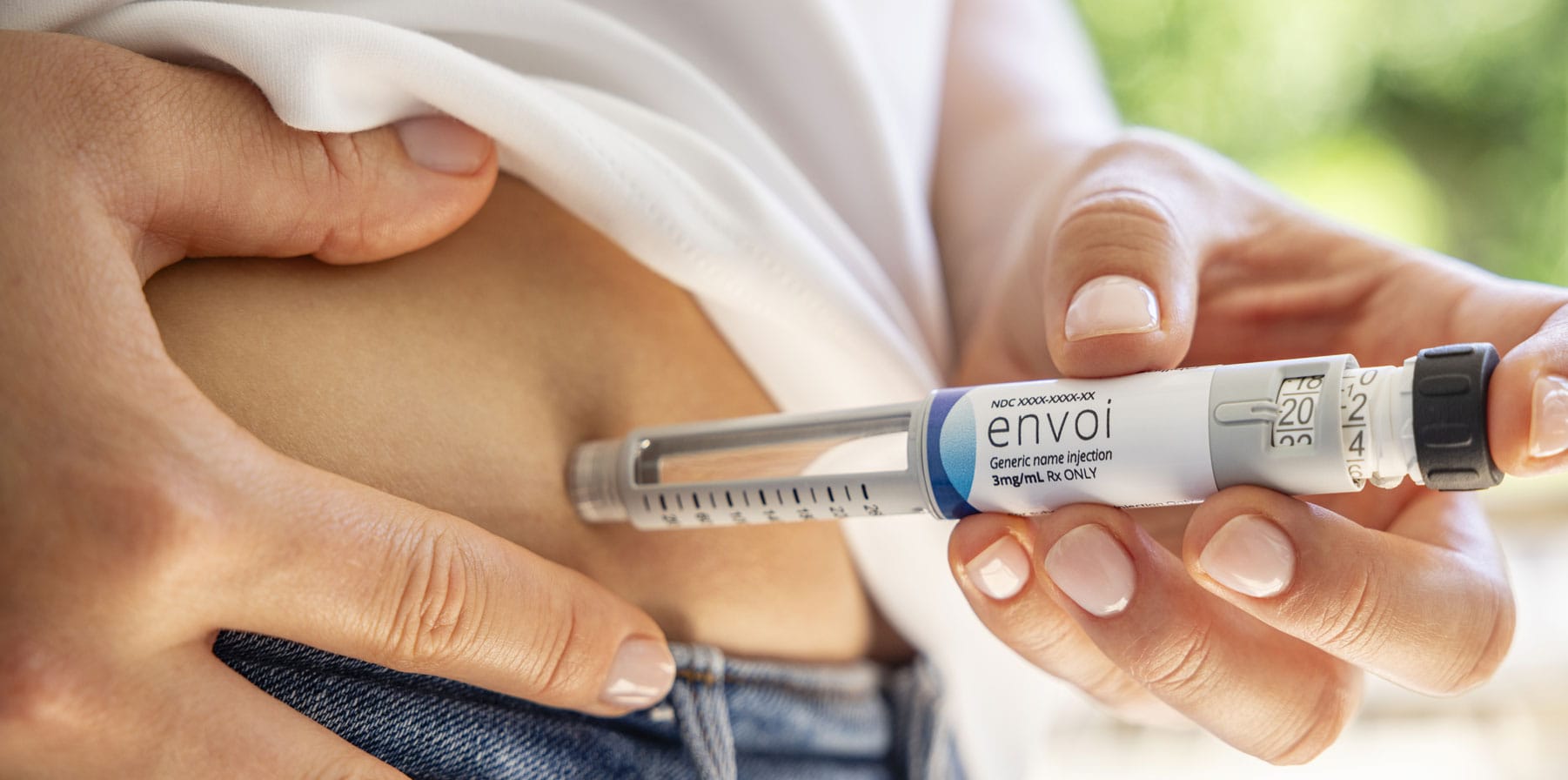
A Handbook for Safe Disposal of Medical Waste for Caregivers at Home
Home-based healthcare is experiencing significant growth as a larger segment of the population seeks support that enables them to live independently in their homes as they age.
This shift is primarily influenced by the increasing number of elderly individuals, a strong preference for aging in place—a concept emphasizing the importance of familiar surroundings for comfort and well-being—and economic considerations that make home care a viable alternative to institutional settings.
As a result, the demand for qualified home-based caregivers who can provide essential medical and personal care is rising.
In this guide, Secure Waste examines the various disposal options for medical waste generated by home-based caregivers.
This includes managing waste associated with providing care to elderly or ill patients at home, such as used syringes, bandages, and other potentially hazardous materials.
Proper disposal of this medical waste is critical to complying with health regulations and ensuring the safety of caregivers, patients, and the environment.
The guide aims to equip home caregivers with clear guidelines and best practices for disposing of medical waste responsibly and effectively. For more information, Johns Hopkins has an excellent guide for additional resources.
Secure Waste Explains In-Home Care Services Compared to In-Home Health Care
General in-home care services encompass a variety of non-medical support aimed at assisting individuals with daily tasks, fostering independence and comfort in their own spaces. In contrast, home health care is specially designed to address medically necessary needs and is typically covered by insurance.
This may involve long-term skilled nursing care for patients managing chronic illnesses or disabilities, allowing them to receive crucial health services without leaving their homes.
Many patients benefiting from these at-home services also receive essential medications. The ability to access medical care within the familiar surroundings of their home enables them to maintain their comfort and autonomy while effectively managing healthcare expenses.
The types of medications administered can vary widely and may include advanced treatments such as intravenous chemotherapy, blood collection procedures, insulin injections for diabetes management, vitamin injections, and more.
However, administering these treatments often generates medical waste, including sharps, tubing, gauze, and other materials containing blood and infectious fluids.
Home-based caregivers play a key role in creating this medical waste, making it crucial to adhere to proper disposal protocols. Following established guidelines for the safe handling, transportation, and disposal of medical waste is essential to ensure safety and compliance with local regulations.
In the following sections, we will explore the various types of medical waste generated by home caregivers and provide comprehensive guidelines for its responsible disposal.
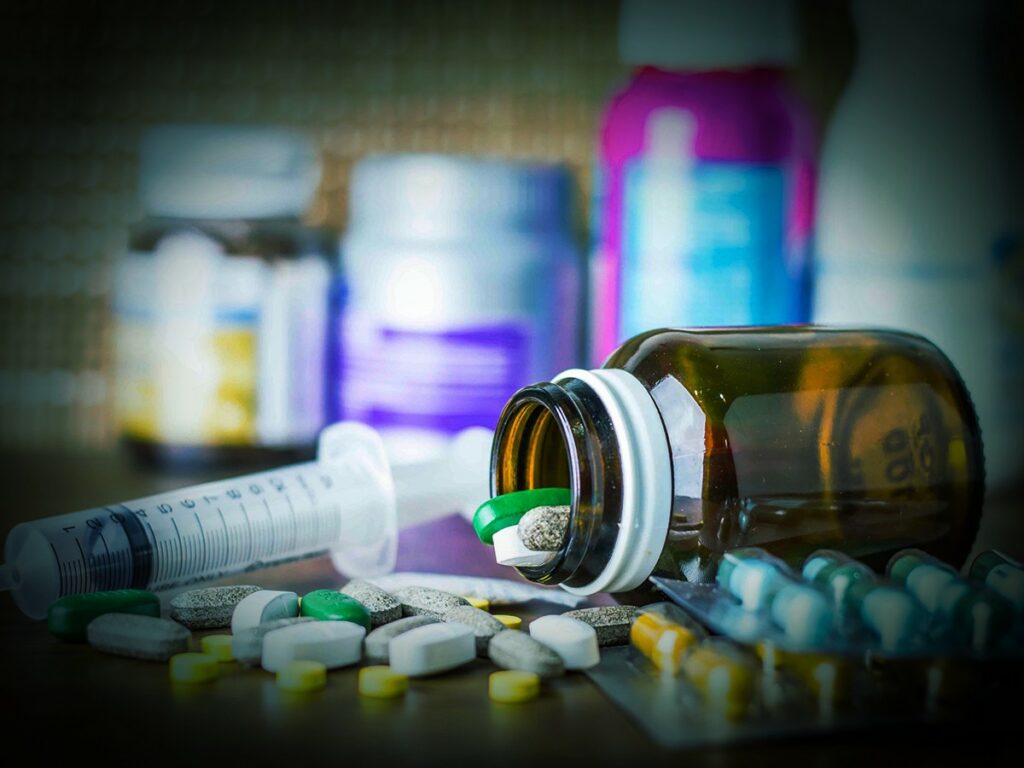
Categories of Medical Waste Produced by Caregivers in Home Settings
Sharps: This category includes needles, syringes, lancets, and other sharp instruments that risk puncturing or cutting the skin, potentially transmitting infections if not handled properly.
Infectious Waste includes materials like bandages, gauze, and other items contaminated with blood or bodily fluids, which require special care in disposal to prevent the spread of diseases.
Pharmaceutical Waste: This encompasses expired medications, unused prescriptions, or pharmaceutical products that are no longer suitable for use and require careful disposal to avoid environmental contamination.
Pathological Waste consists of human tissues, organs, or fluids removed during surgery or autopsy. Due to its hazardous nature, it requires meticulous handling and disposal.
Non-Infectious Waste: Items like gloves, masks, and non-contaminated gauze fall under this category. Although they were used in caregiving, they do not pose a risk of infection as they are not soaked with infectious fluids.
How To Recycle Sharps At Home: A Free Guide From Secure Waste
Guidelines for Medical Waste Disposal At Home
- Segregation: To minimize health risks, medical waste must be separated from regular household waste. Adequate segregation is achieved using color-coded containers, such as red bags typically designated for biohazardous materials.
- Containment: Ensure appropriate containers specific to each waste type.
- Sharps: Store in rigid, puncture-resistant containers with secure, tightly fitting lids to prevent accidental injury.
Infectious Waste: To safely contain and transport these hazardous materials, use leak-proof bags or containers—often red or marked with biohazard symbols.
- Pharmaceuticals: Adhere to local regulations, which may require returning these items to a pharmacy or participating in designated take-back programs to ensure safe disposal.
- Labeling: It is essential to clearly label all waste containers with the specific type of waste they hold, along with any necessary biohazard symbols, to inform anyone handling the containers of the potential risks.
Collection at the Location for Caregivers Providing Home-Based Services
Home health agencies play a crucial role in providing high-quality medical care through dedicated home-based caregivers, ensuring that patients receive the best possible support in the comfort of their own homes.
A fundamental aspect of this care is the responsible management of medical waste generated during treatment, which must be collected and disposed of safely and in compliance with regulatory standards.
Many home health agencies operate from physical offices, allowing for the efficient on-site collection of medical waste that healthcare providers produce.
These agencies coordinate regular pickups by specialized medical waste services companies, ensuring that hazardous materials are handled appropriately.
To guarantee the safety of both caregivers and patients, agencies must invest in the proper containers and packaging specifically designed for medical waste.
Compliance with regulations set forth by the FDA, OSHA, and various local and national entities is paramount, as home healthcare providers are held to the same stringent standards as traditional physicians’ offices and other healthcare facilities.
This commitment to safety and quality underscores the vital role that home health agencies play in delivering healthcare while protecting public health.
In conclusion-
Now that you have a more comprehensive understanding of medical waste disposal for home healthcare, don’t hesitate to contact Secure Waste.
We provide reliable, compliant, eco-friendly medical waste disposal solutions for your facility’s needs. We have expertise in biomedical, hazardous waste, and Sharps container disposal. In addition, we provide customized waste management plans, including secure collection and transport, and sustainable disposal practices.
Contact us today for a FREE Waste Assessment, or request a quote online!
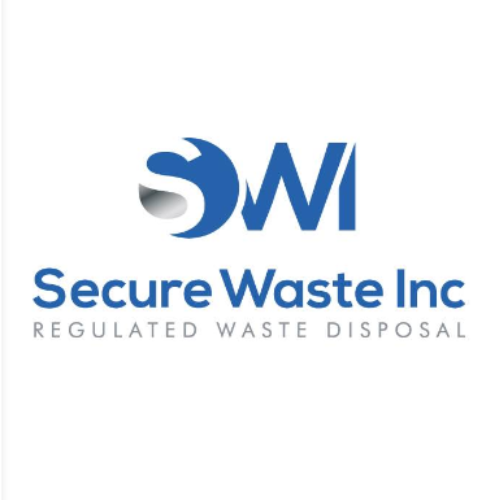
Expert Medical Waste Management: With over 25 years of industry experience, Secure Waste is a trusted local leader in hazardous and biohazardous waste disposal across Maryland, Virginia, and Washington, D.C. Specializing in medical waste management, sharps needle disposal, and biohazard waste removal, the company ensures full compliance with federal, state, and local regulations while prioritizing environmental sustainability.
The company also offers additional services, including secure document shredding and sharps container sales, providing comprehensive solutions for healthcare facilities and businesses. Our cost-effective services help clients maintain regulatory compliance without unexpected costs.
With a commitment to customer satisfaction, Secure Waste offers tailored waste management plans that align with industry best practices. Their team of experts provides reliable, timely, and compliant services, making them the preferred choice for medical waste disposal. For a free waste quote or more information, visit www.securewaste.net
